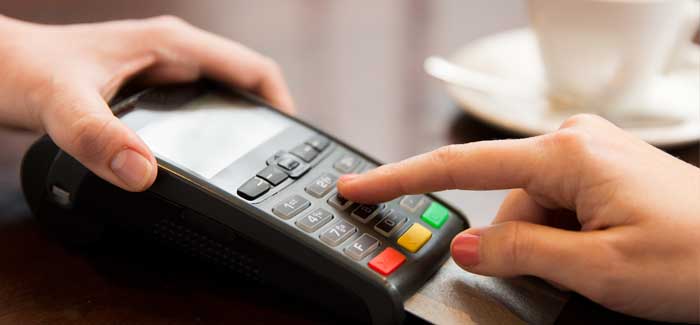Loan applicants, beware! The banks are ‘watching’ all your online transactions

How and why banks are monitoring consumer expenses with more precision than ever before.
As the COVID-19 pandemic takes a financial toll on everyone in Australia, there is an added pressure that is building up regarding transactions. As people feel the pressure to pay through their cards, hiding transactions are quickly becoming a thing of the past.
However, while it might be useful for monitoring purposes, it seems like this practise of watching your transactions is generating a need for information exchange between loan applicants and banks. Loan applicants are now pressurised by banks to produce receipts, write emails, and give details of their expenditure.
Cash-out, cards in
In Australia, there are entire industries that can evade millions of dollars in taxes by using cash transactions instead of cards. Now as everyone from medical stores to grocery stores and vendors to employees is preferring card payments to help stop the spread of the coronavirus, the government can have a right amount of data on the actual expenses and incomes of people and industries.

Otto Dargan (Managing Director, Home Loan Experts) stated that the doomsday spending by the Aussies had led them to spill the beans on their spending.
How the doomsday spending has become a problem
If you want to apply for a loan and you have shopped and stocked supplies frantically, now will be the time for trouble. These expenses are causing lenders to question the reason for loans.
Mr Dargan added that because of the restricted use of cash and coin during the pandemic, people are using cards, which means the banks now have accurate data on their expenditures.

Any lender looks at an applicant’s last three months’ expanse to determine their financial situation and to gauge the specifics of the loan they’ll be giving out. Now, with Aussies stockpiling items and spending like crazy on supplies over the last three months, most lenders are questioning their applicants, looking into their data harder than before, wondering if they even need the loan or not.
25-year-old Melissa Roscoe recently got a home loan on a 3-bedroom house for $435,000 located in Wyndham Vale (southwest Melbourne). She stated that she was not only interviewed about her expanses in detail but also quizzed about her medical expenses and fines (she had a red-light camera fine). Thankfully, Ms Roscoe had collected all the receipts, and she was ready to justify all her transactions—from small ones to large ones.
Tim Leonard – a broker from Mortgage Choice – referred to the banks as Big Brother, referring to how they have an eye on everyone’s expenses.
How the government and the economy might benefit from this scenario
Since people have to pay using their cards now, a lot of doors for fraudulent activities, under-the-table payments, and pay-by-cash transactions have been closed. It’s helping the government keep track of things better, gauging the income taxes precisely. Tax evaders won’t be able to stay out of the reach of the law for long under this scenario.







